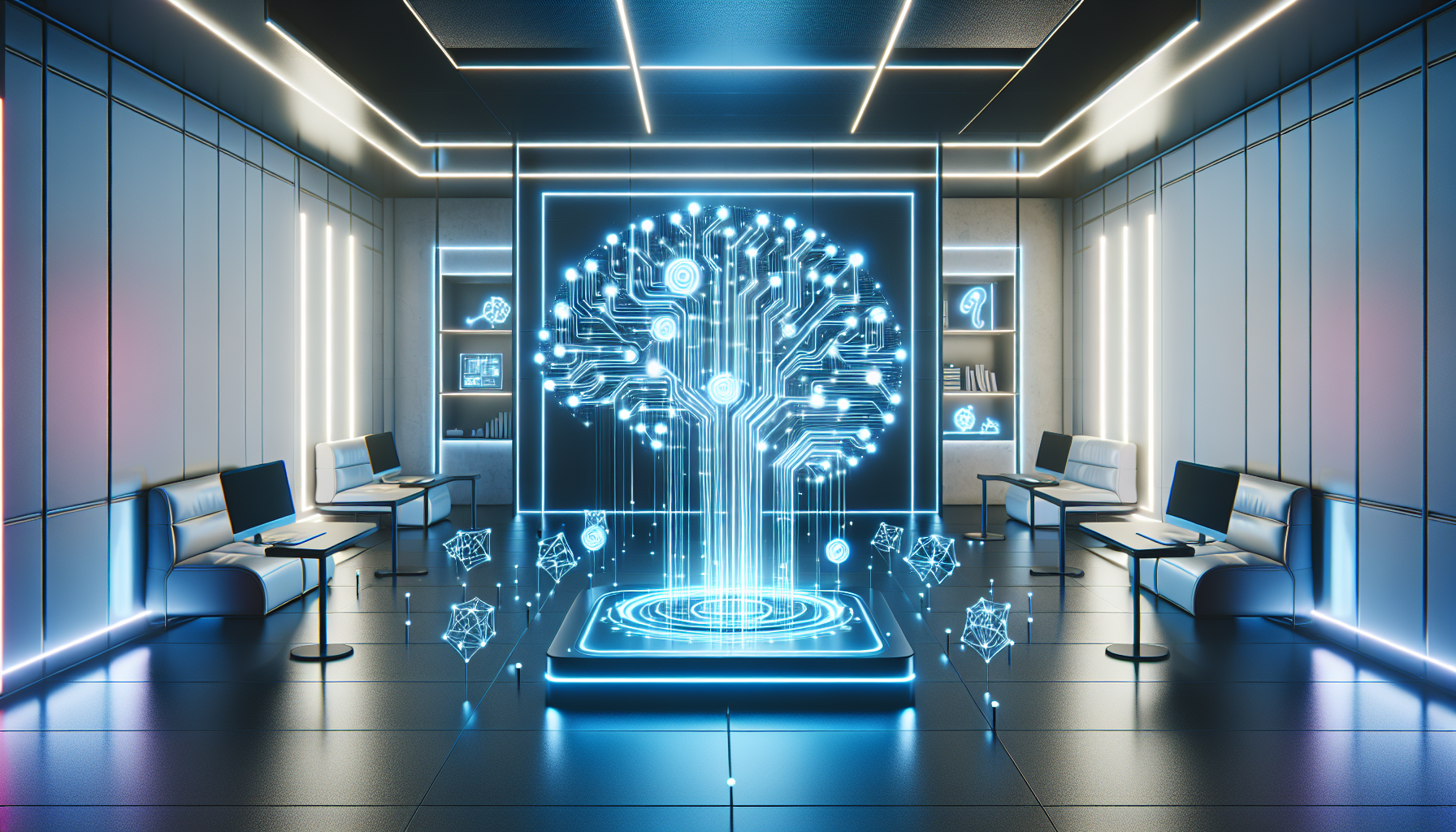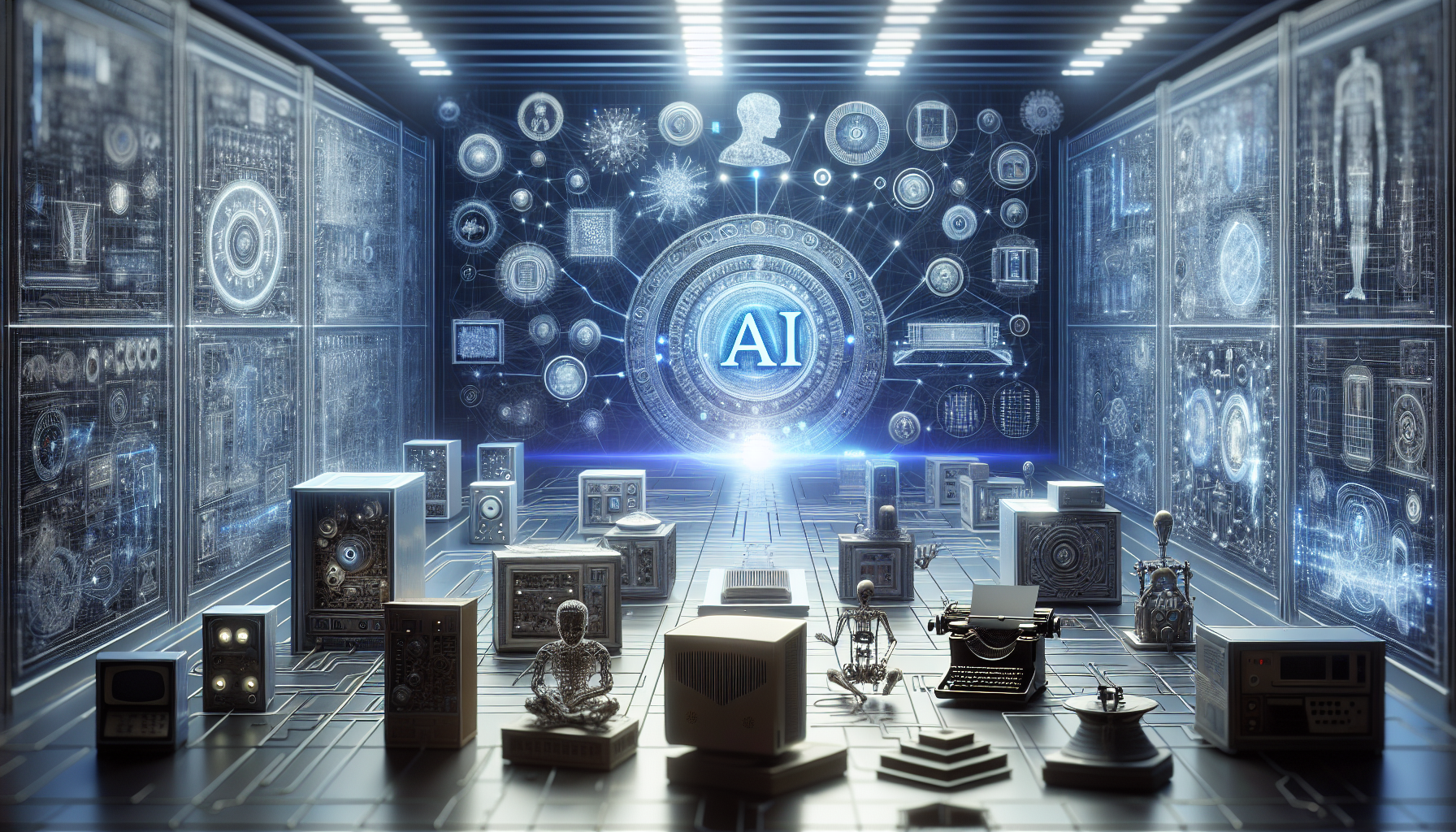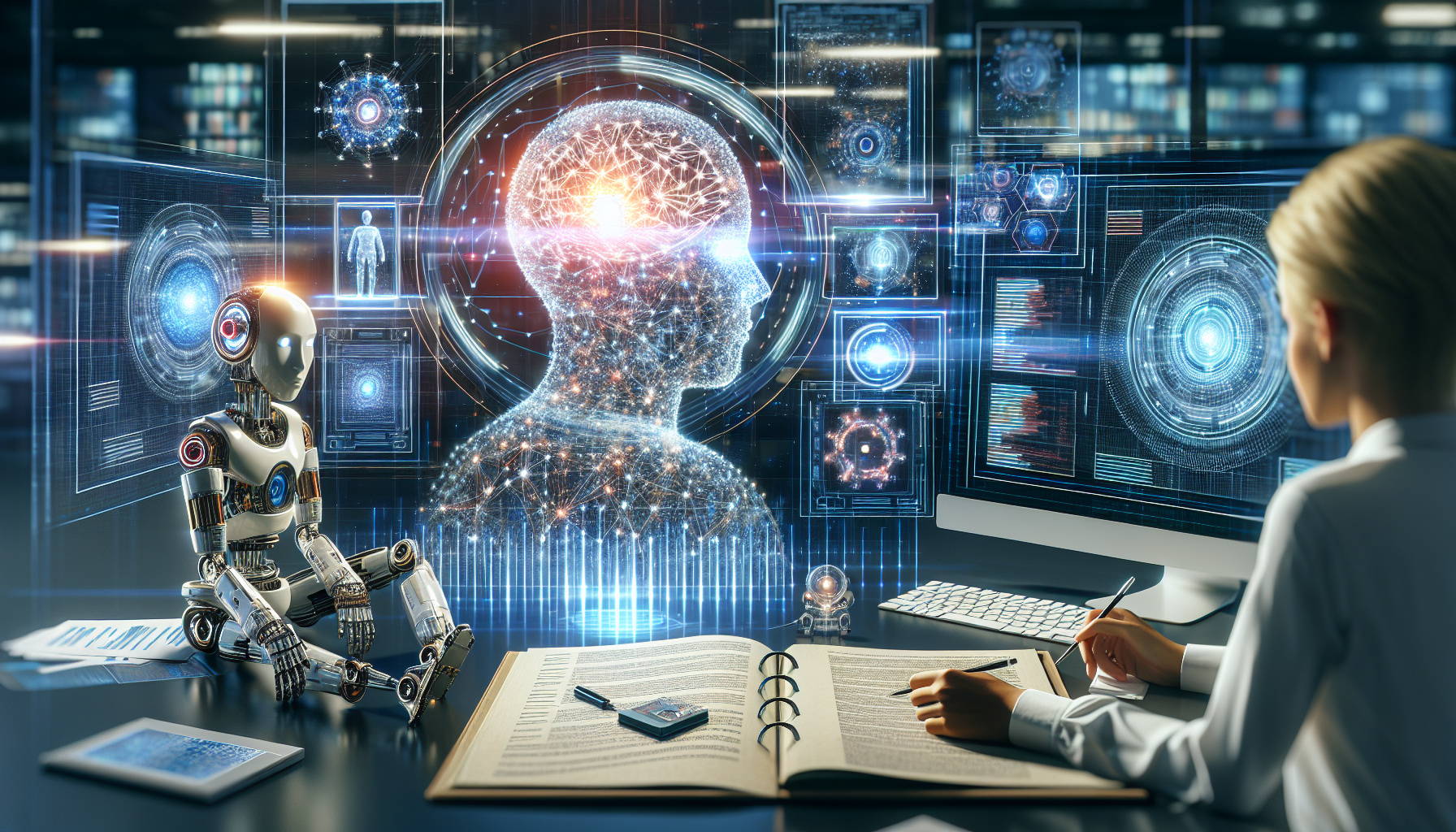
Navigating the Ethical Labyrinth of Artificial Intelligence Development
July 26, 2025
Artificial intelligence (AI) is not merely a technological advancement; it is a paradigm shift that influences every facet of human life, promising unprecedented capabilities while simultaneously presenting daunting ethical challenges. As AI systems become more autonomous, the ethical considerations surrounding their development and deployment are increasingly critical. These challenges are not ancillary to technological progress; they are central to it. Ignoring them could lead to consequences as profound as the innovations themselves.
Central to the ethical concerns in AI is the question of accountability. As machines make decisions traditionally reserved for humans, who is responsible when something goes awry? Consider autonomous vehicles, which must navigate complex moral dilemmas such as the classic "trolley problem," where the machine has to decide between two harmful outcomes. If an accident occurs, is the fault with the programmer, the manufacturer, or the AI itself? This lack of clarity in responsibility could stall innovation, as stakeholders fear potential legal repercussions.
Privacy is another significant ethical consideration. AI systems thrive on data—vast amounts of it. This data, however, often includes sensitive personal information. The algorithms analyze this data to tailor recommendations, predict behavior, and even determine creditworthiness. The potential for misuse is significant, ranging from unauthorized surveillance to discriminatory profiling. The challenge lies in creating systems that respect individual privacy while still harnessing the data necessary for AI to function effectively. This necessitates a new framework for data governance, emphasizing transparency and user consent.
Bias in AI is a problem of growing concern, often rooted in the data used to train these systems. When datasets reflect historical inequalities, AI can perpetuate or even exacerbate these biases, leading to unfair treatment in sectors like hiring, law enforcement, and lending. Addressing bias requires a multi-faceted approach, including diversifying the datasets, enhancing algorithmic transparency, and involving a broader spectrum of voices in the development process. However, these solutions are not foolproof, and continuous vigilance is necessary to ensure AI systems act impartially.
Moreover, the rise of AI poses ethical questions concerning employment and the future of work. Automation, driven by intelligent systems, threatens to displace millions of jobs. While some argue that AI will create new opportunities, the transition may not be smooth or equitable. The ethical imperative is to manage this transition responsibly, ensuring that those displaced by automation have access to retraining and new opportunities. Policymakers and technologists must collaborate to create a future where AI augments human capabilities without rendering them obsolete.
The ethical development of AI must also consider the issue of transparency. AI systems, particularly those powered by deep learning, can be notoriously opaque. This "black box" nature makes it difficult to understand how decisions are made, which is problematic for systems that impact human lives. For AI to be trusted, it must be explainable. This means developing methods to articulate how AI systems reach their conclusions, allowing for scrutiny and validation by humans.
Furthermore, the global nature of AI development complicates ethical considerations. Different cultures and legal systems have varied perspectives on what constitutes ethical AI. In some regions, the emphasis might be on individual privacy, while others may prioritize collective security. Creating a universally accepted ethical framework for AI is challenging but necessary to prevent a fragmented approach that could stifle innovation and international cooperation.
The ethical considerations in AI development are as complex as the technology itself. They require a collaborative approach, involving technologists, ethicists, policymakers, and the public. It is not sufficient to merely focus on the technical aspects of AI; the societal implications must be at the forefront of development. As AI becomes more integrated into daily life, the decisions made now will shape the future of humanity.
In contemplating the future of AI, one must ask: Can we create a world where technology enhances human potential without compromising our ethical values? The answer lies in our willingness to engage with these ethical challenges proactively, ensuring that AI serves humanity as a whole rather than a select few. This is not just a technological challenge but a moral one, demanding the best of our collective wisdom and creativity.


